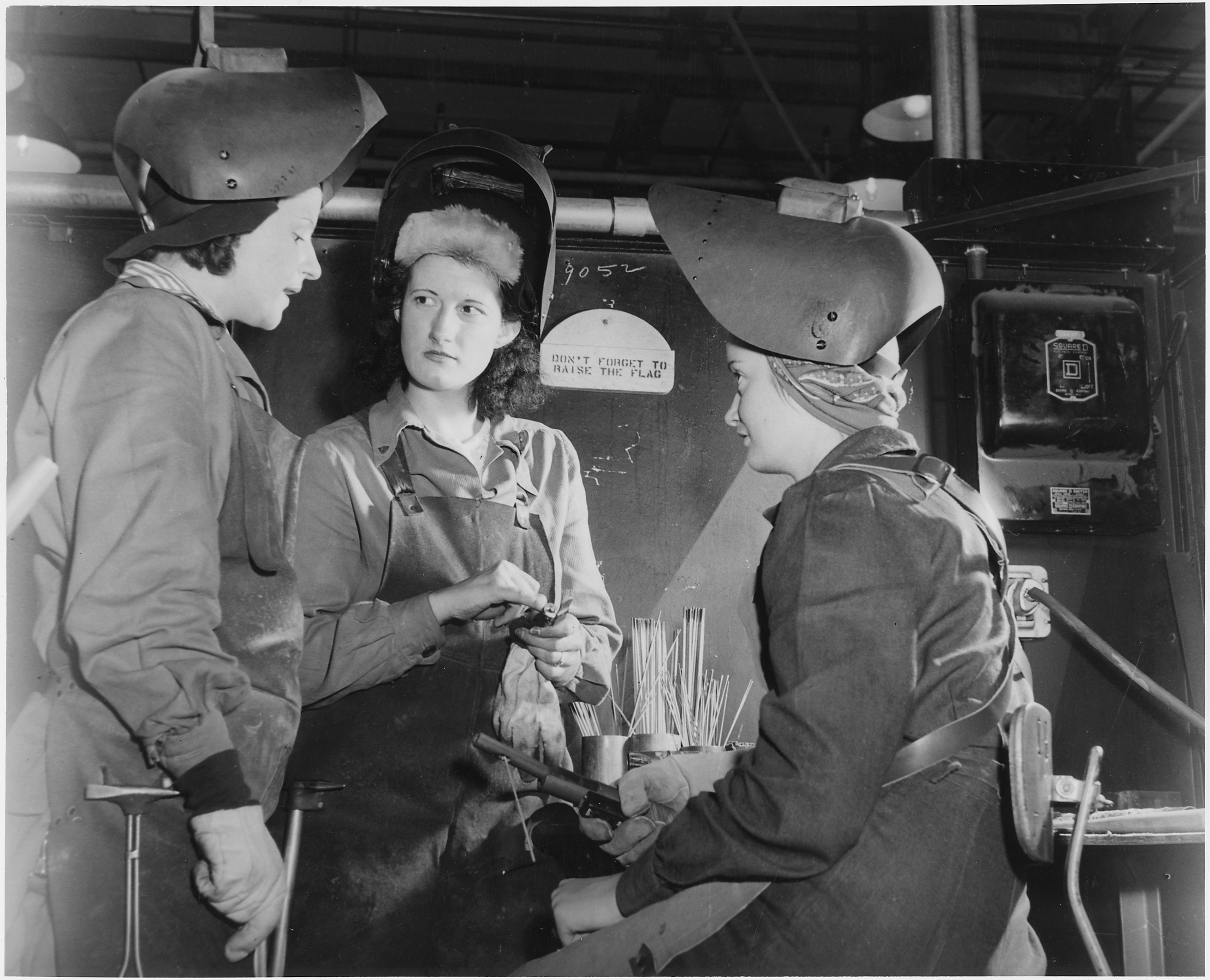Automation is currently right at the top of fears that workers have due to the inevitability of machines taking over their jobs. However, if what an expert of economics is saying is true, it seems the impact of automation will be disproportional. In fact, the rise of the machines might actually benefit one group of people more than the other: women.
Fabrizio Carmignani made this prediction in a piece published on The Conversation. Carmignani is a Griffith University professor of economics and in the article, he wrote that women have less to fear from automation than men. It would seem that a lot of this is due to some factors that many might consider wildly sexist, but which actually makes sense when looking at statistics alone.
“Women are overrepresented in industries that require high levels of social skills and empathy (such as nursing, teaching and care work), where it would be difficult to replace a human worker with automation. Women in advanced economies also have, on average, higher levels of education and digital literacy, giving them a comparative advantage in a labour market that is continuously transformed by technological innovation,” the article reads.
From a purely objective point of view, this actually makes a lot of sense. There are more women in areas that require more sensitivity than there are in industries that involve aggression. Since the latter is where a vast majority of the automation focus is being directed, it’s simply a fact that the former would not suffer as big of an impact.
Carmignani doesn’t just pull this conclusion out of nowhere, either, as he cites several studies that support his point that span countries across the world. The economics professor also makes historical data a reference, where he notes how technological innovation inevitably means more job opportunities for women.
As Futurism notes, however, Carmignani’s point is just one of many. There are also other predictions that either involves women feeling a bigger impact of automation than men or women initially feeling a bigger impact, but with men being more adversely affected, overall.



 SoftBank Shares Slide After Arm Earnings Miss Fuels Tech Stock Sell-Off
SoftBank Shares Slide After Arm Earnings Miss Fuels Tech Stock Sell-Off  Palantir Stock Jumps After Strong Q4 Earnings Beat and Upbeat 2026 Revenue Forecast
Palantir Stock Jumps After Strong Q4 Earnings Beat and Upbeat 2026 Revenue Forecast  SpaceX Pushes for Early Stock Index Inclusion Ahead of Potential Record-Breaking IPO
SpaceX Pushes for Early Stock Index Inclusion Ahead of Potential Record-Breaking IPO  OpenAI Expands Enterprise AI Strategy With Major Hiring Push Ahead of New Business Offering
OpenAI Expands Enterprise AI Strategy With Major Hiring Push Ahead of New Business Offering  Instagram Outage Disrupts Thousands of U.S. Users
Instagram Outage Disrupts Thousands of U.S. Users  Google Cloud and Liberty Global Forge Strategic AI Partnership to Transform European Telecom Services
Google Cloud and Liberty Global Forge Strategic AI Partnership to Transform European Telecom Services  Tencent Shares Slide After WeChat Restricts YuanBao AI Promotional Links
Tencent Shares Slide After WeChat Restricts YuanBao AI Promotional Links  Nvidia Nears $20 Billion OpenAI Investment as AI Funding Race Intensifies
Nvidia Nears $20 Billion OpenAI Investment as AI Funding Race Intensifies  Nintendo Shares Slide After Earnings Miss Raises Switch 2 Margin Concerns
Nintendo Shares Slide After Earnings Miss Raises Switch 2 Margin Concerns  AMD Shares Slide Despite Earnings Beat as Cautious Revenue Outlook Weighs on Stock
AMD Shares Slide Despite Earnings Beat as Cautious Revenue Outlook Weighs on Stock  Jensen Huang Urges Taiwan Suppliers to Boost AI Chip Production Amid Surging Demand
Jensen Huang Urges Taiwan Suppliers to Boost AI Chip Production Amid Surging Demand  Baidu Approves $5 Billion Share Buyback and Plans First-Ever Dividend in 2026
Baidu Approves $5 Billion Share Buyback and Plans First-Ever Dividend in 2026  SpaceX Prioritizes Moon Mission Before Mars as Starship Development Accelerates
SpaceX Prioritizes Moon Mission Before Mars as Starship Development Accelerates  Amazon Stock Rebounds After Earnings as $200B Capex Plan Sparks AI Spending Debate
Amazon Stock Rebounds After Earnings as $200B Capex Plan Sparks AI Spending Debate  SpaceX Updates Starlink Privacy Policy to Allow AI Training as xAI Merger Talks and IPO Loom
SpaceX Updates Starlink Privacy Policy to Allow AI Training as xAI Merger Talks and IPO Loom 































